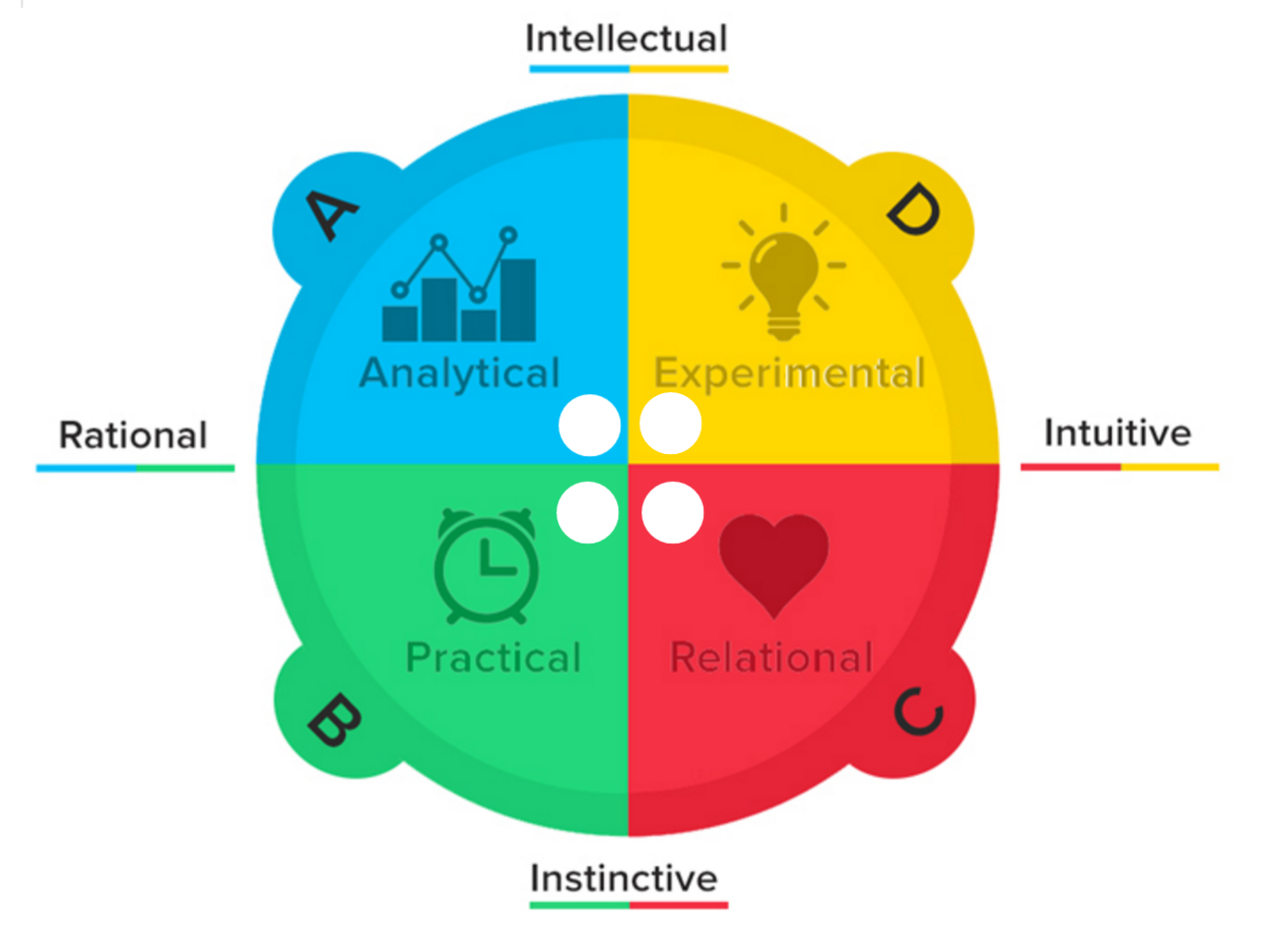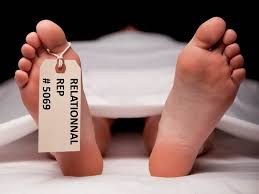In my last post, I discussed the communication problems that arise when a person who thinks one way speaks to a listener who thinks in a completely different way. The person doing the talking is presenting the kind of information that is important to him, but he doesn’t get his message across because what’s important to his listener is something entirely different.
I also talked about how incorporating Whole Brain® Thinking into your sales process helps you identify how your prospects think so you can present the information your prospects need to hear to say, “I’ll buy!” Now, I’d like to share some examples of how people and companies I know have used this information to increase sales, repair dysfunctional teams, and improve (or even save) personal relationships.











